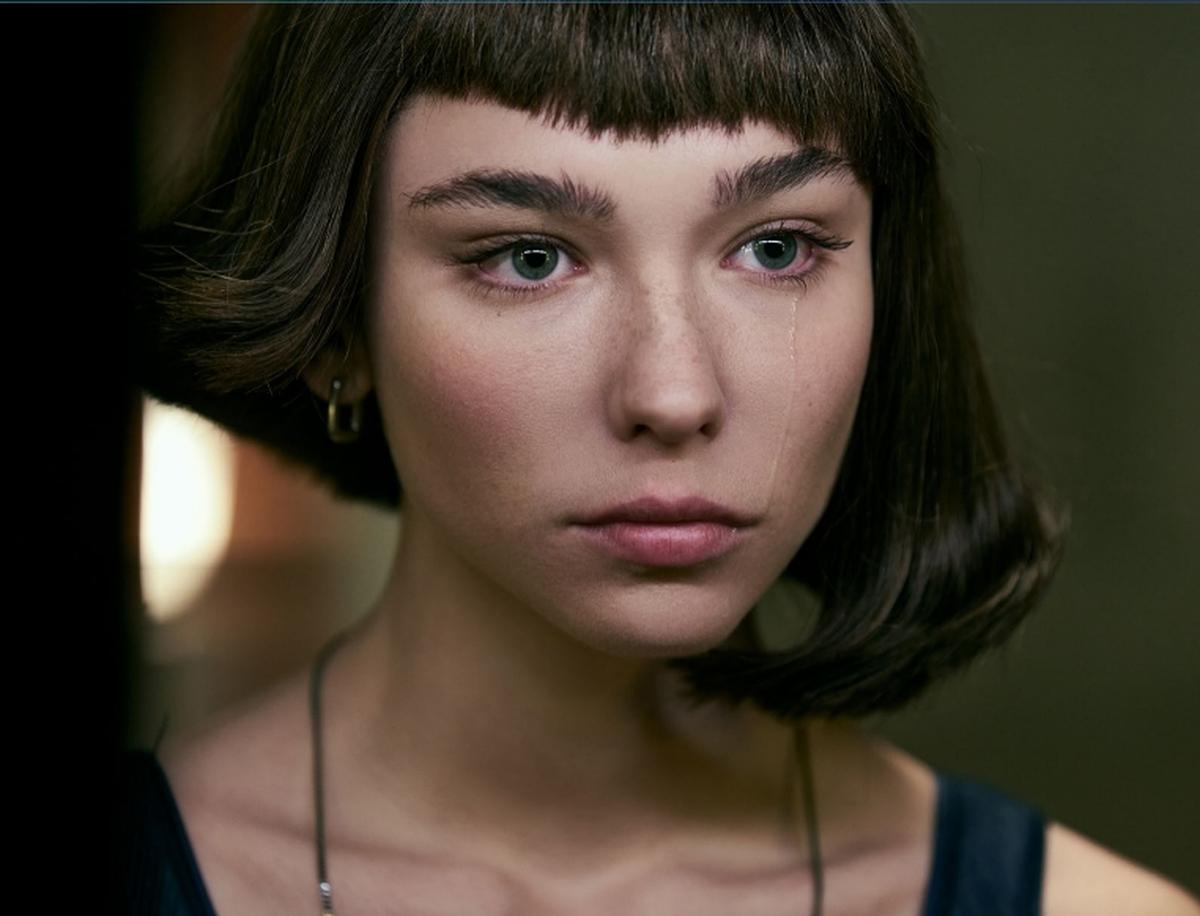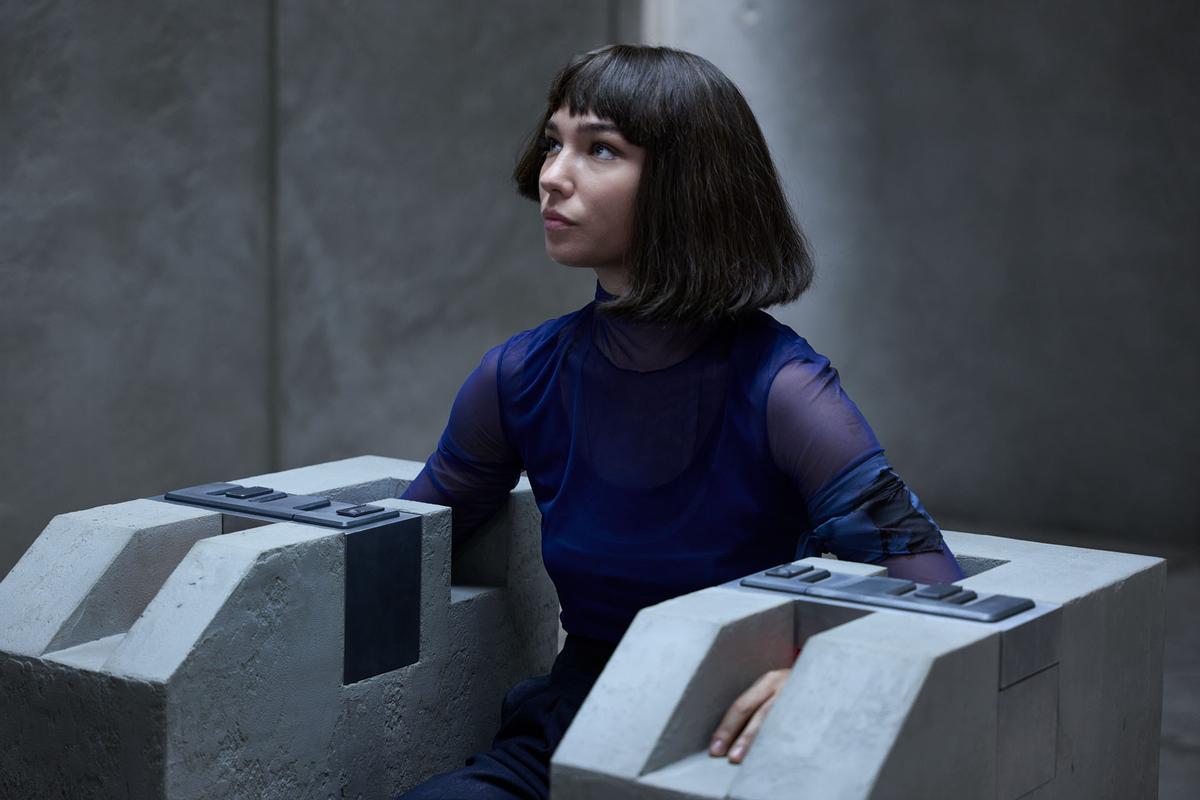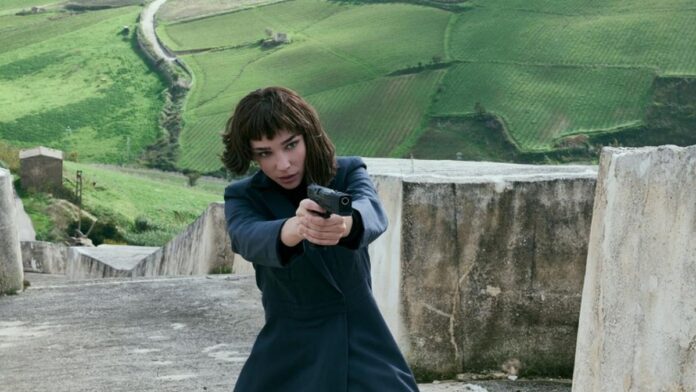There’s a particular thrill in building worlds — especially when the canvas stretches across continents, genres, and even languages. Such is the audacious promise behind Prime Video’s Citadel: Diana. The Italian spinoff of Amazon’s ambitious yet divisive spy franchise Citadel, feels like a revelation of sorts — if only because the Russo brothers have managed to create something that doesn’t drown in its own spectacle, unlike its parent show, starring Richard Madden and Priyanka Chopra, which was met with a lukewarm response. For showrunner Gina Gardini and series lead Matilda De Angelis, it’s clear that Diana is, in many ways, an evolution — not just a spinoff, but a reinvention.

Gina is no stranger to massive, gritty productions, having worked on Italy’s seminal crime dramas Gomorrah and ZeroZeroZero. Diana, however, presented an entirely new challenge: not just to build a spy thriller, but to carve out a piece of the future, through the lens of Italy’s past. “It was important to create a world that felt real and attainable in a short period of time, even though we’re set in a near future,” Gina explains. Fitting into an expansive international universe while maintaining the local essence of the country, Gina’s vision of Italy comes into sharper focus: a brutalist, somewhat dystopian backdrop, saturated with the nation’s corruption.

Matilda De Angelis in a still from ‘Citadel: Diana’
| Photo Credit:
Prime Video
At the heart of it is Matilda as the eponymous Diana Cavalieri, a former Citadel agent turned mole embedded deep within the enemy syndicate, Manticore. It’s a performance that asks Matilda to walk a tightrope — simultaneously cold and vulnerable, detached but simmering with inner conflict. “The funny thing is when you don’t want to show emotions, you actually have to feel those emotions,” Matilda says. “I had to feel fear, pain, anger, and in a way, show the opposite. But it had to live in my heart and core.”
Matilda’s description of her process sheds light on the strange alchemy of playing Diana. The character is a puzzle box of contradictions — hardened by loss and espionage, but driven by an unspoken yearning for the family she has left behind. In lesser hands, the trope of a “tough, emotionally distant spy” could have felt hollow, but Matilda infuses Diana with a haunting sense of loss that lingers in her eyes, even when she’s orchestrating an elaborate assassination or slipping effortlessly into another disguise. It’s this complexity that gives Diana its emotional anchor, a departure from the exaggerated plot-heavy mechanics of its predecessor.
Gina is quick to credit the collaborative process behind Diana’s creation. “I think that’s what’s so great about Matilda’s performance,” she notes. “That communication she has with the audience, where you know what she’s feeling, but she’s showing something totally different.” And perhaps it’s this balance — between internal and external, emotion and action — that may elevate Citadel: Diana above mere franchise fodder.
Of course, the series doesn’t exist in a vacuum. It’s part of the larger Citadel universe, which, if nothing else, has ambition in spades. With the upcoming release of Citadel: Honey Bunny, an Indian spin-off starring Varun Dhawan and Samantha Ruth Prabhu, as well as a second season of the original series on the way, the question remains: How do these seemingly disparate pieces fit together?
Gina’s response is straightforward. “What was so great about working with the Russo brothers and AGBO was their vision for each show to have its own specificity,” she says. “You didn’t have to watch Citadel to understand Diana. It’s grounded in its cultural specificity — this story could only happen in Italy.” That cultural grounding, Gina explains, was no small task. “Once we had established our narrative, the most important character became Italy itself — its context, its architecture, its history. You can’t transpose this show anywhere else.”


Matilda De Angelis in a still from ‘Citadel: Diana’
| Photo Credit:
Prime Video
At its core, Citadel: Diana is a story of reinvention. Much like its protagonist, who must constantly adapt to shifting allegiances and hidden agendas, the series itself is a pivot for the larger Citadel franchise. It takes the bombast of the Russo spectacle and roots it in something more intimate and culturally specific. And perhaps, in doing so, it offers a glimpse of what this interconnected spy universe could potentially transform itself into.
Following the first cross-border meet-up, Matilda lights up when talking about her first encounters with Priyanka Chopra, Samantha Ruth Prabhu, and the rest of the Citadel global team. “It was nice to see all us women of Citadel all together. It makes you feel part of something bigger,” she says. “I think she [Priyanka] is such an amazing actress, and I loved her performance in Citadel. Everything about her inspired me and I feel comfortable around her.”

As the Citadel universe expands, the challenge will be maintaining the distinctiveness of the diverse cultural narratives without diluting them into an amorphous global product. If Diana is any indication, there’s hope yet for the sprawling ambition of this spy saga. But even if the larger franchise falters, Gina and Matilda have already succeeded in crafting something distinctly their own.
Citadel: Diana is currently streaming on Prime Video
Published – October 13, 2024 04:26 pm IST
#Citadel #Diana #interview #Matilda #Angelis #Gina #Gardini #reinventing #Citadel #Italy
